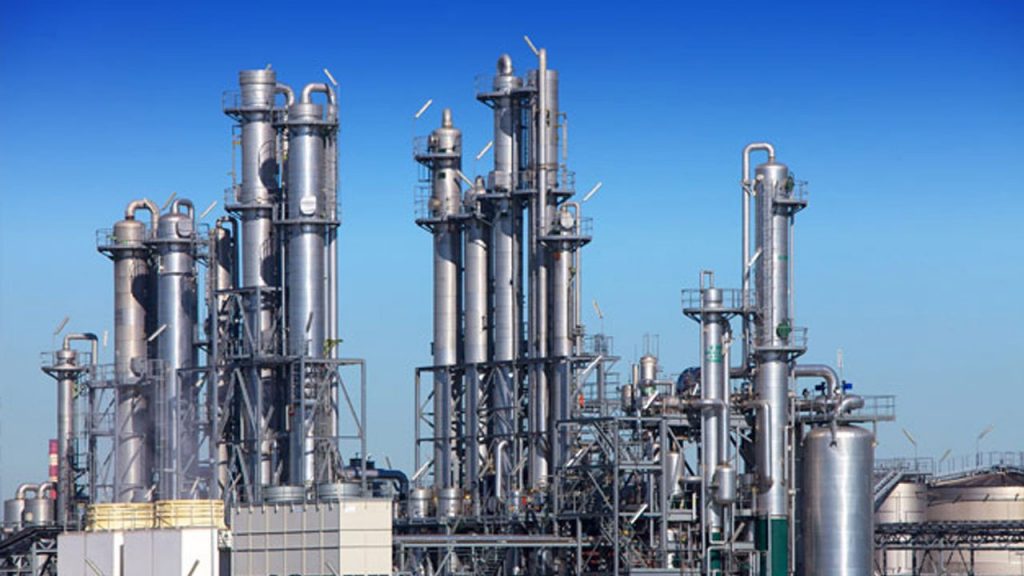The Department of Petroleum Resources (DPR) says though the validity periods of 32 refinery licences issued to private companies merely expired, it has not revoked any.
DPR gave the clarification Tuesday in a statement by its Head of Public Affairs, Mr. Paul Osu.
Thirty-two refinery licences issued to private companies, including the 200,000 barrels per day BUA Refinery and Petrochemicals in Akwa Ibom State were reportedly revoked by the DPR while 23 licences remained valid.
Other affected refineries are: Dee Jones (Cross River); Energia Limited (Delta State); Southfield Petrochemical & Refinery Ltd (Edo); Starex Petroleum Refinery (Onne Oil & Gas Free Trade Zone); RG Shinjin Petrochemicals (Delta); Don Mac (Edo), and Platinum Hydrocarbon Resources (Delta).
Others are: Mondonat Nigeria Ltd (Delta); Ikwe-Onna Refinery (Akwa Ibom); Shepha Petroleum & Petrochemicals Company (Delta); JIL-Amber (Port Harcourt Refinery); Gazingstock Petroleum Company (Delta); Petrolex Oil & Gas Limited (Ogun); Eghudu Refinery (Edo); Ibafon Refinery FZE (Calabar FTZ, Cross River); and Kainji Resources (Imo).
Among them are Eko Petrochem & Refining Company (Lagos); Hi-Rev Oil (Akwa Ibom); Epic Refinery & Petrochemical Industries (Bayelsa); Masters Energy Oil & Gas (Rivers); Cross Country Oil & Gas (Imo); Grifon Energy (Ondo); Sifax Oil & Gas Company (Lagos); and Capital Oil & Gas Industries (Lagos).
Others include: All Grace Energy (Rivers); Green Energy International (Rivers); Fresh Energy Limited (Bayelsa); Chyzob Oil & Gas (Abia); Aiteo Energy Resources Limited (Delta); Associated Worldwide Company (Akwa Ibom); and Amakpe International Refinery (Akwa Ibom).
However, DPR stated that refinery licences, like other other regulatory instruments, have validity periods for investors to attain certain milestones.
It said in line with such regulatory instruments, it implied that after the validity period for a particular milestone, the licence becomes inactive until the company reapplies for revalidation to migrate to another milestone.
“We wish to clarify that DPR did not revoke any refinery licence. Refinery licences like our other regulatory instruments have validity periods for investors to attain certain milestones.
“This implies that after the validity period for the particular milestone, the licence becomes inactive until the company reapplies for revalidation to migrate to another milestone.
“This does not in any way translate to revocation of the licence of the company,” the agency added.
DPR said in line with the aspirations of the government, it initiated the refinery revolution programme, aimed at boosting local refining capacity by enabling business and creating new opportunities for investors with the granting of modular and conventional refinery licences.
The regulator assured investors that it will continue to support them, using its regulatory instruments of licences, permits and approvals to stimulate the economy and align with the government’s job creation initiatives.

